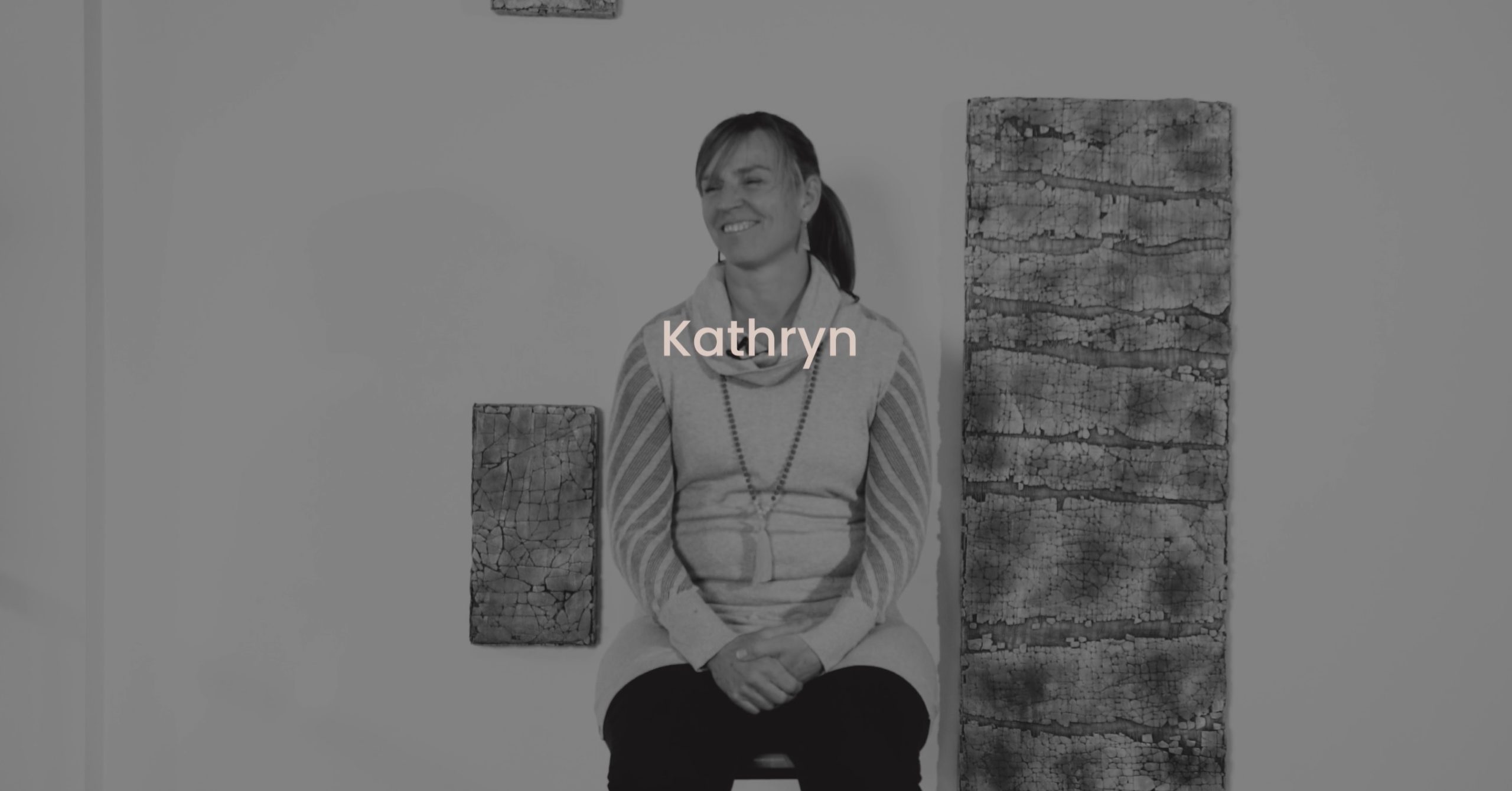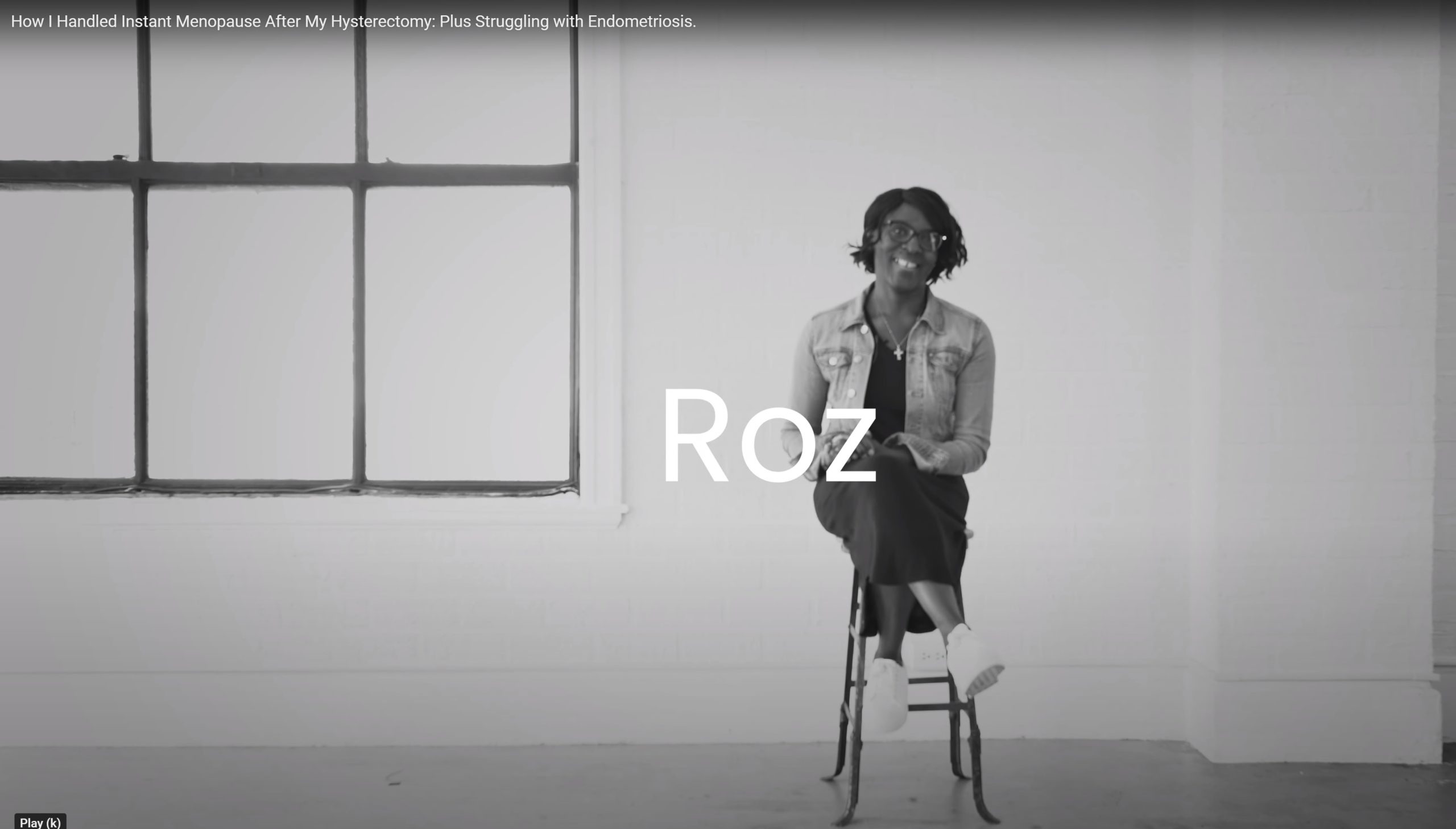As much as we all may wish for a perfect life, that just isn’t how it works. It doesn’t matter how ‘good’ things are, we, as humans, always encounter situations that challenge us. Maybe it was a difficult childhood. Maybe it was a traumatic experience (or many). Maybe it was the death of someone meaningful. Maybe a harsh relationship. The list of possibilities goes on for eternity. Things happen. And if we are to recover or even grow from each experience, we must pick, practice and improve appropriate coping skills so that we can keep moving forward when life hits us hard.
Some of us have more to cope with than others. Regardless of what we have to deal with, it’s the ability to choose positive coping mechanisms over the negative ones that informs the overall quality of our lives and our level of satisfaction.
It’s no surprise that coping is tightly connected to resilience – the ability to recover from difficult situations. In fact, the definition of resilience includes the concept of coping – if you are resilient, it’s because you can cope with the situations that challenge you.
I, personally, feel like a Coping Champion. I know I am resilient because I have survived and thrived in the face of (over my lifetime) trauma, grief, fear, financial insecurity, sole parenting, abusive relationships, and addiction issues. That knowledge protects and comforts me. It’s not that I anticipated never needing to cope again. It’s more that I *thought* I had a deep understanding of my ability to manage in the face of adversity.



